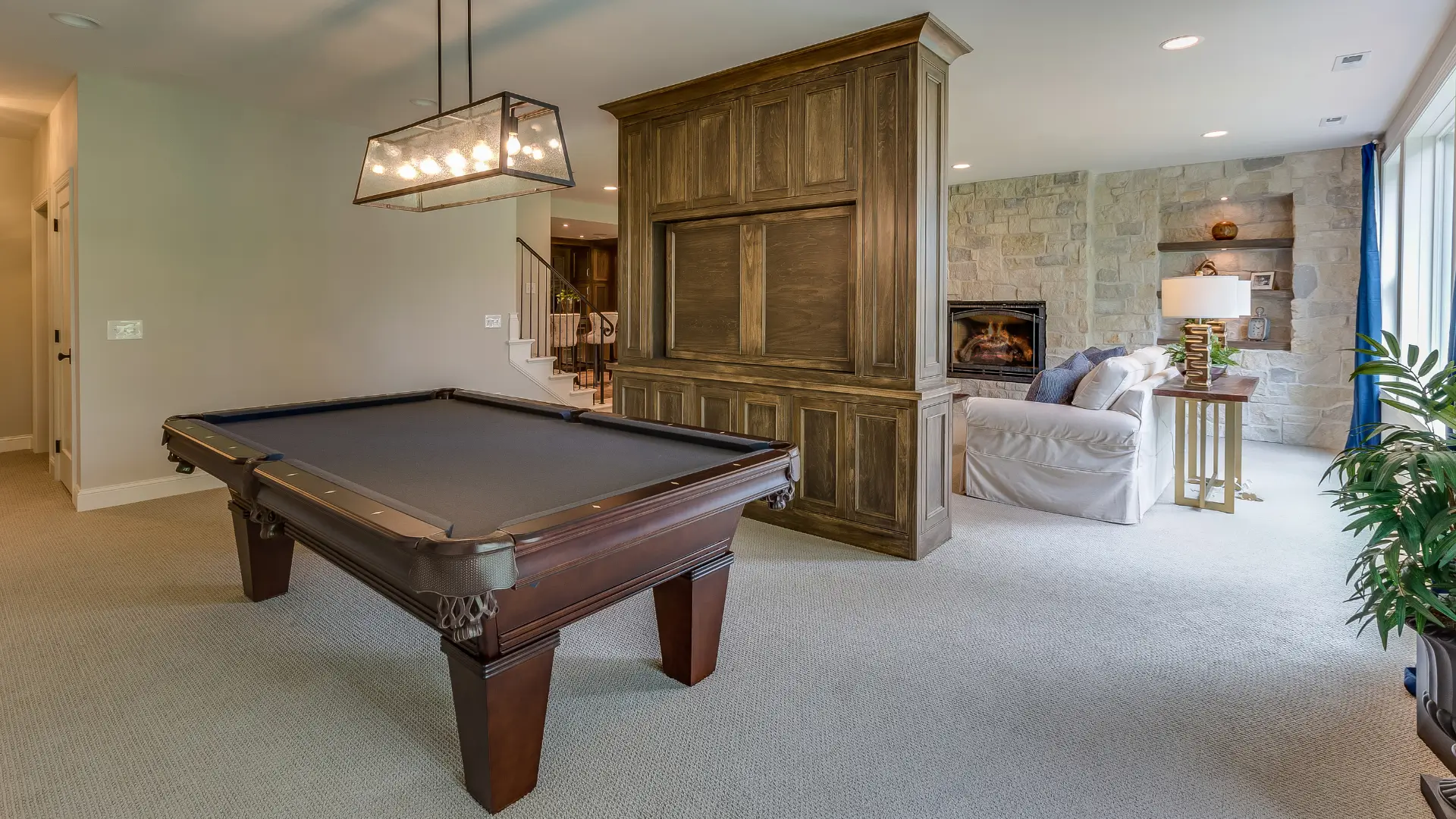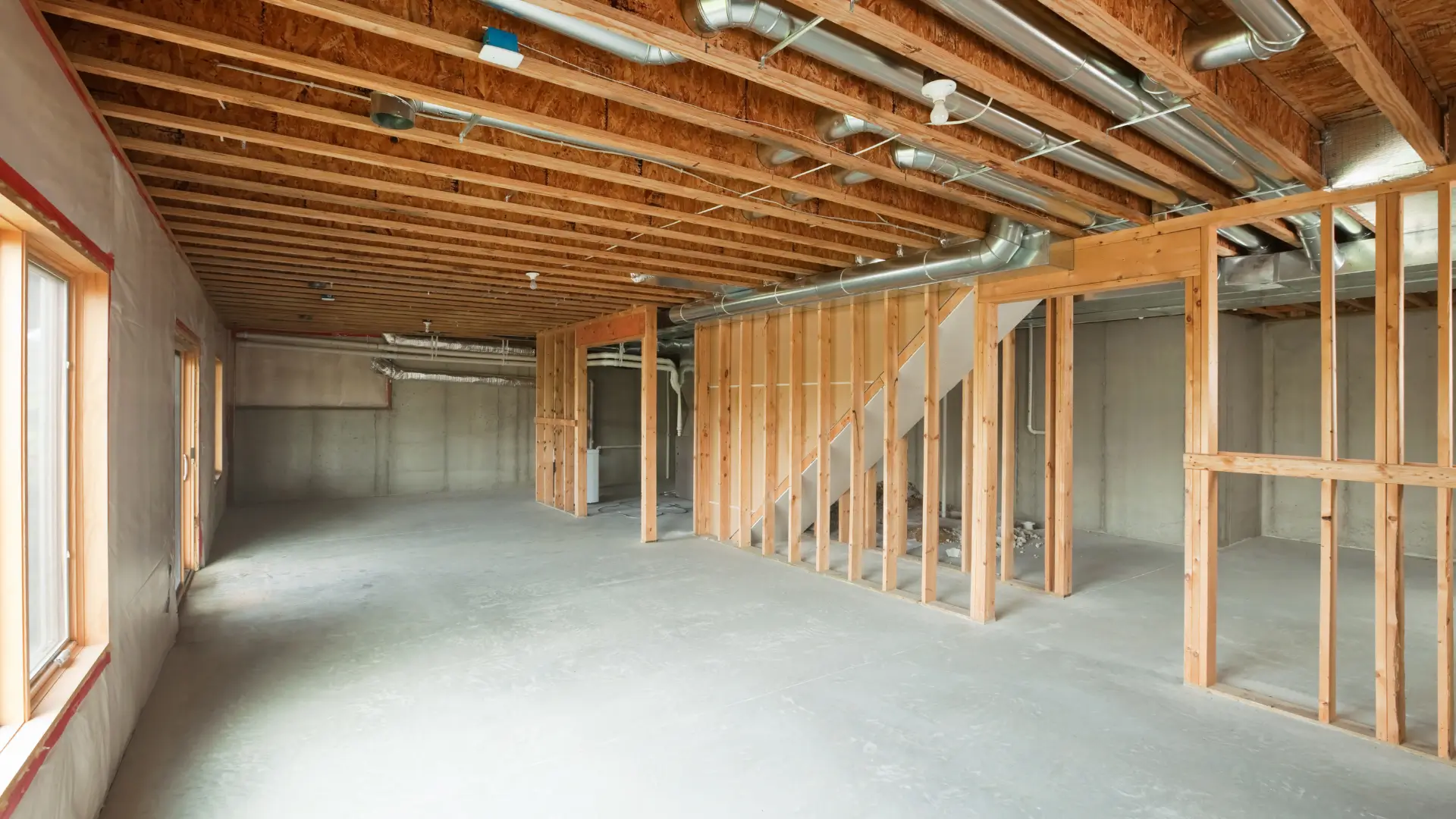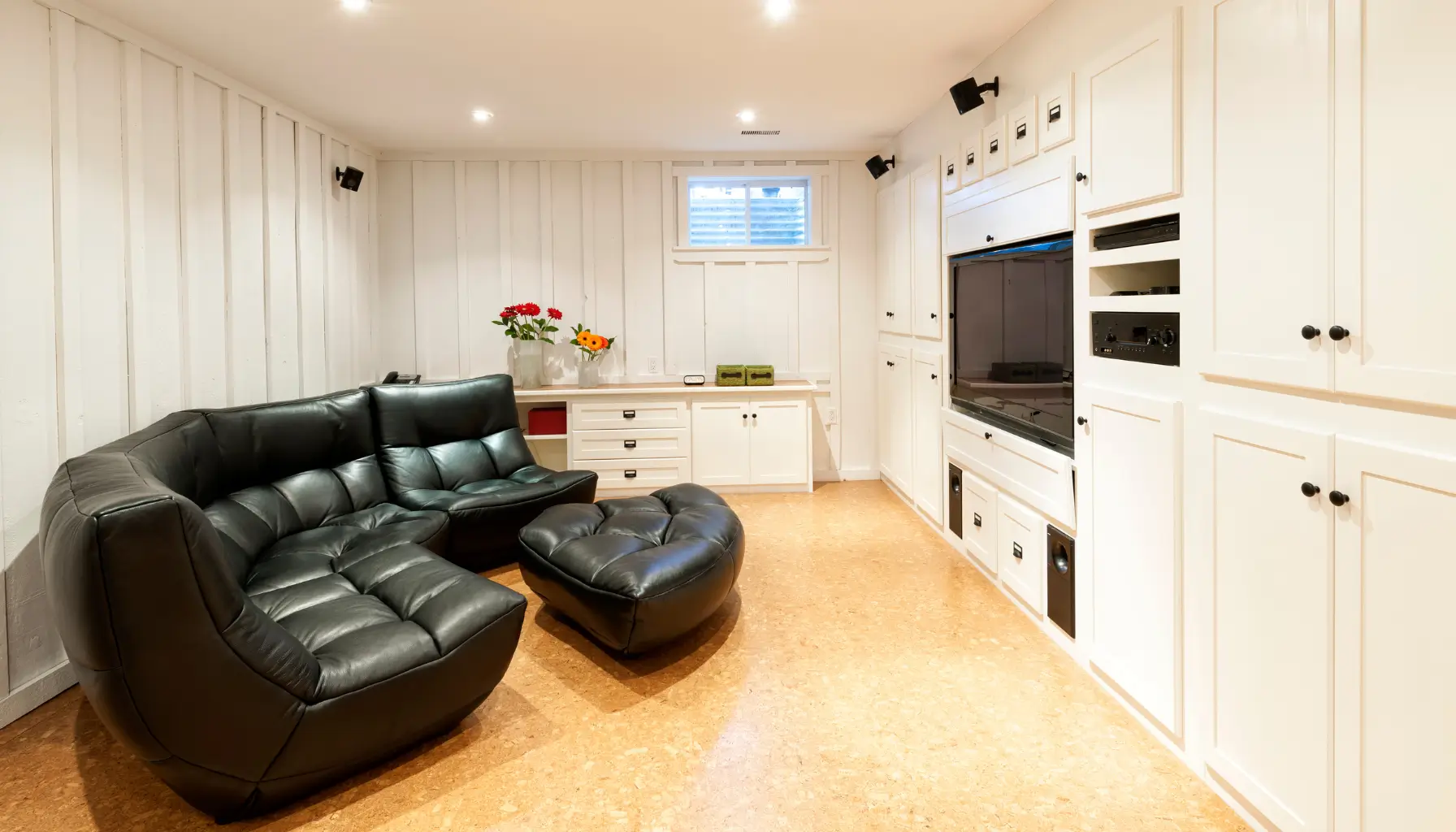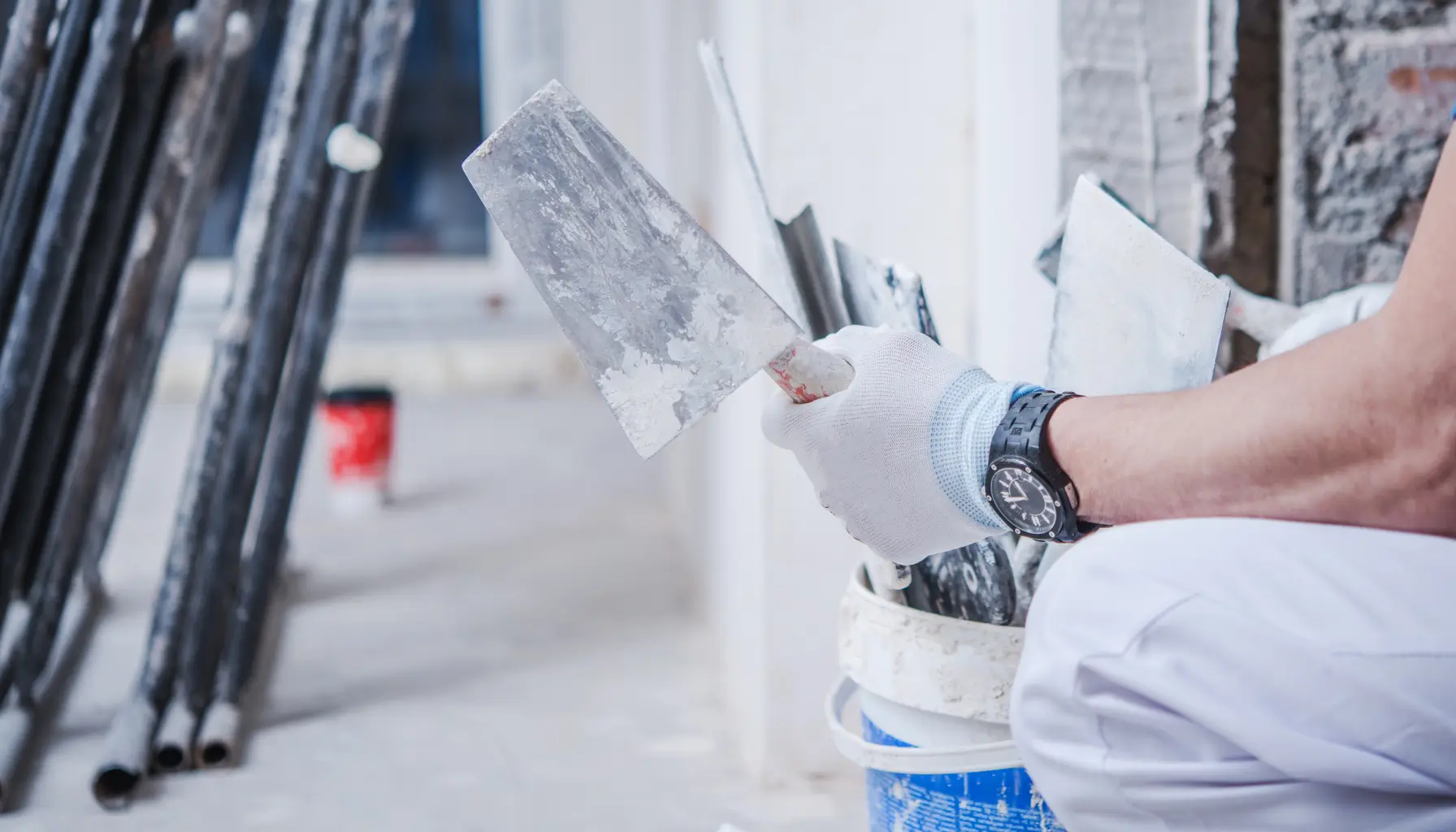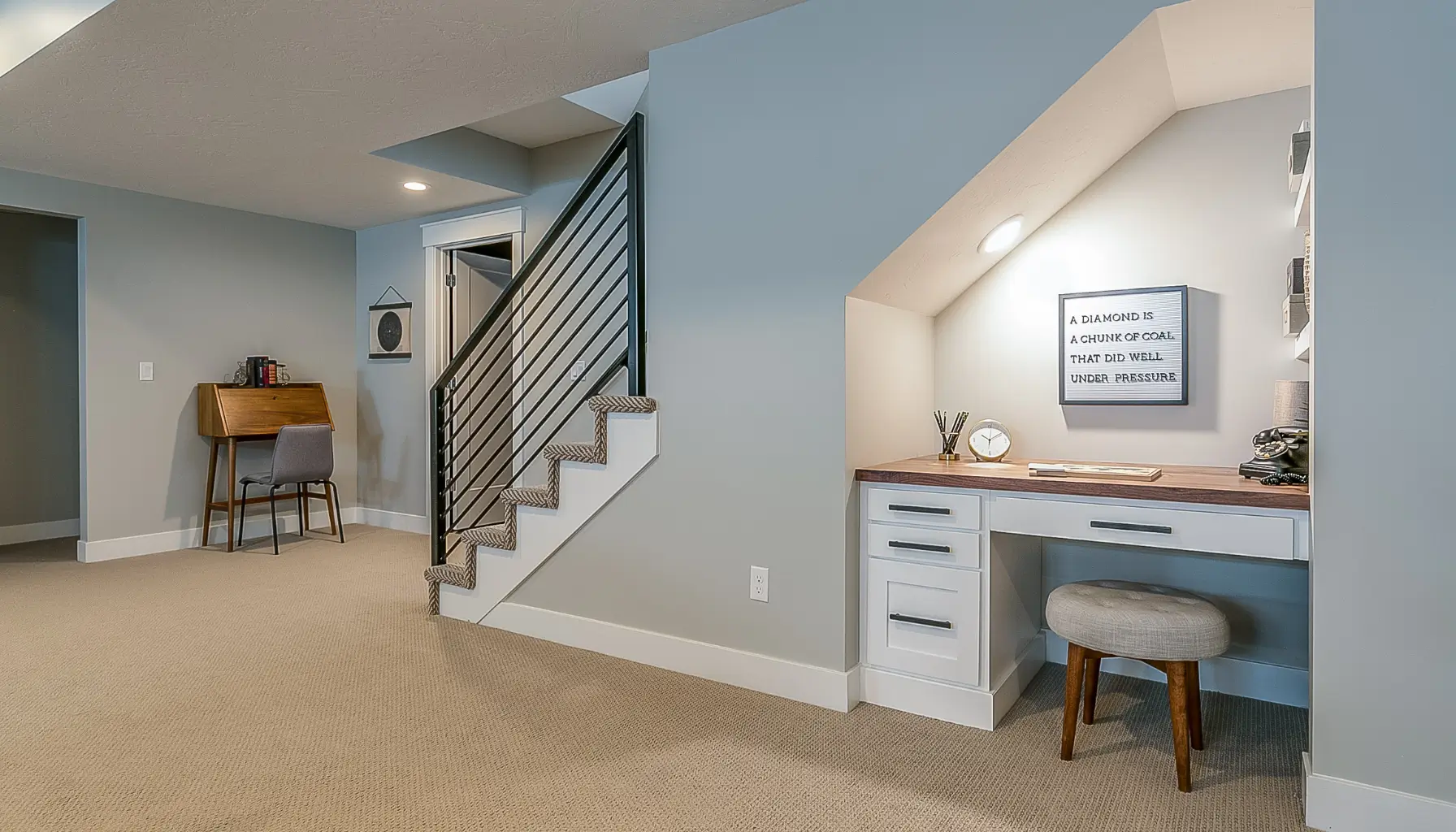Basements often remain untapped, offering immense potential for various home improvement projects. Transforming your basement can enhance your living space and significantly boost your home’s value. This article explores different potential projects, important considerations, and common pitfalls to be aware of when renovating your basement.
Potential Projects for Your Basement
Family Room or Living Space
Creating a family room or additional living space is one of the most popular basement renovations. This type of project can provide a cozy area for relaxation and entertainment, expanding the usable square footage of your home. Key elements to consider include proper insulation to maintain a comfortable temperature and the installation of moisture-resistant flooring, such as vinyl, tile, or engineered wood. Adequate lighting is essential, so incorporating a mix of overhead lights, floor lamps, and window treatments can help brighten the space.
Home Theater
The naturally dim environment of a basement makes it an ideal location for a home theater. Transforming your basement into a cinematic retreat involves several considerations. Soundproofing is crucial to contain noise and enhance the audio experience. Comfortable seating arrangements can elevate the viewing experience, making it feel like a true theater. Investing in quality audio-visual equipment, such as a projector, a large-screen TV, and a surround sound system, is essential for creating an immersive experience.
Home Office
With the rise of remote work, creating a dedicated home office in the basement has become increasingly popular. A well-designed basement office can increase productivity and provide a quiet workspace separate from the main living areas. Adequate lighting, both natural and artificial, is vital to avoid eye strain and maintain a pleasant working environment. Ergonomic furniture, including a comfortable chair and a functional desk, can help promote good posture and overall well-being during long working hours.
Guest Suite
Transforming your basement into a guest suite is another excellent use of space, offering privacy and comfort for visitors. A guest suite typically includes a bedroom, a bathroom, and sometimes a small kitchenette. Ensuring proper ventilation and humidity control is essential to create a comfortable living environment. Additionally, installing soundproofing measures can provide guests with a peaceful and quiet stay.
Fitness Room
A basement fitness room can be a convenient and cost-effective alternative to a gym membership. Creating a dedicated space for exercise involves selecting suitable flooring, such as rubber mats or carpet tiles, to provide cushioning and reduce noise. Adequate ventilation and climate control are crucial to maintain a comfortable temperature and prevent excess humidity. Installing mirrors on the walls can enhance the feeling of space and allow for self-monitoring during workouts.
Important Considerations
When planning a basement renovation, there are several important factors to keep in mind to ensure a successful project.
Moisture and Waterproofing
Basements are prone to moisture issues, which can lead to mold and mildew growth. Before starting any renovation, it’s essential to address any existing moisture problems and implement waterproofing solutions. This may include sealing cracks in the foundation, installing a sump pump, and using vapor barriers.
Building Codes and Permits
It’s crucial to check local building codes and obtain the necessary permits before beginning a basement renovation. Compliance with building regulations ensures that your project meets safety standards and avoids potential legal issues down the line.
Egress Windows and Emergency Exits
Safety is a top priority in any basement renovation. Installing egress windows or emergency exits is often required by building codes, providing a safe means of escape in case of an emergency. These features also allow natural light to enter the basement, making it feel less confined.
Insulation and Soundproofing
Proper insulation is essential for maintaining a comfortable temperature in the basement. Additionally, soundproofing measures can prevent noise from traveling between floors, ensuring a quieter living environment. This is particularly important for home theaters, home offices, and guest suites.
HVAC and Ventilation
Ensuring proper heating, ventilation, and air conditioning (HVAC) is crucial for maintaining good air quality and temperature control in the basement. Consider extending your existing HVAC system or installing a separate unit to adequately service the basement space.
Common Pitfalls to Avoid
Underestimating Costs
Basement renovations can be more expensive than anticipated due to unforeseen issues such as moisture problems or structural repairs. It’s important to budget for contingencies and plan for potential additional costs.
Ignoring Moisture Issues
Failing to address moisture problems before starting a renovation can lead to significant issues down the line. Proper waterproofing and moisture control measures are essential to prevent mold and mildew growth.
Overlooking Lighting
Basements often have limited natural light, making it crucial to plan for sufficient artificial lighting. A mix of overhead lights, floor lamps, and accent lighting can create a welcoming and well-lit space.
Skipping Professional Help
While DIY projects can be rewarding, certain aspects of basement renovations, such as electrical work and plumbing, can be particularly challenging. We won’t tell you not to try them on your own. However, if you find these tasks too difficult or if safety becomes a concern, make sure to hire qualified professionals. This ensures that the work is done correctly and safely, protecting both you and your home.
In conclusion, transforming your basement into a functional and inviting space can greatly enhance your home’s value and livability. By carefully planning your project, considering important factors, and avoiding common pitfalls, you can successfully create the basement of your dreams.

